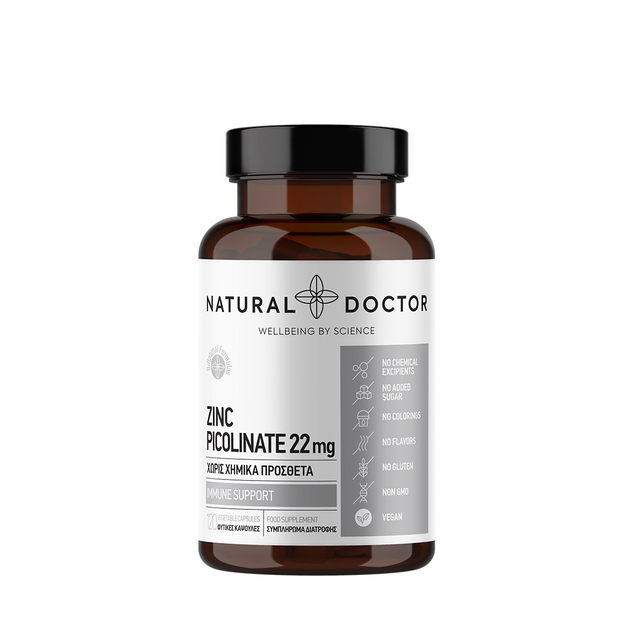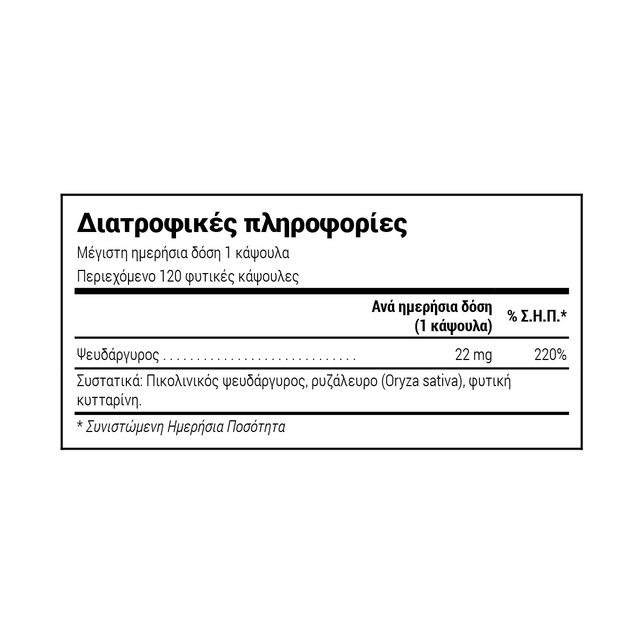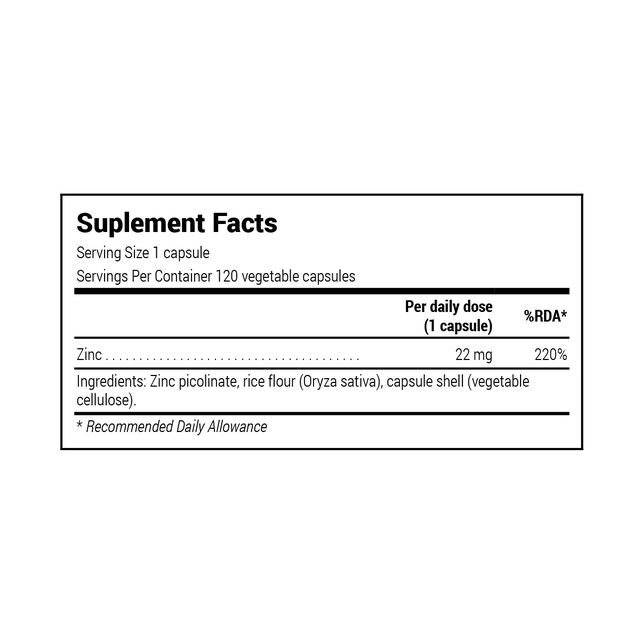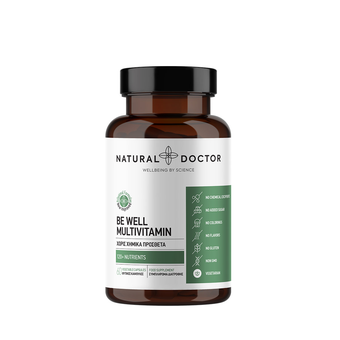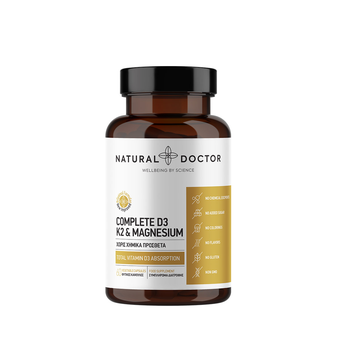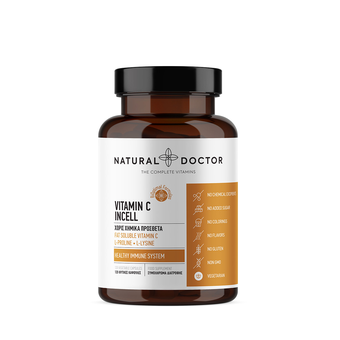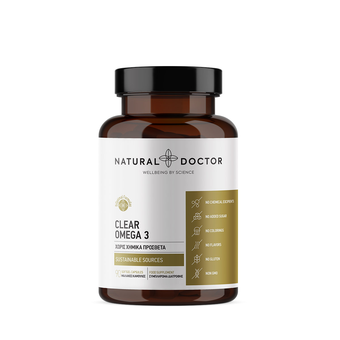Zinc contributes to the normal functioning of the immune system, to the protection of cells from oxidative stress and to the maintenance of the normal state of the skin
All products Zinc Male fertility Skin, hair & nails Immune Enhance
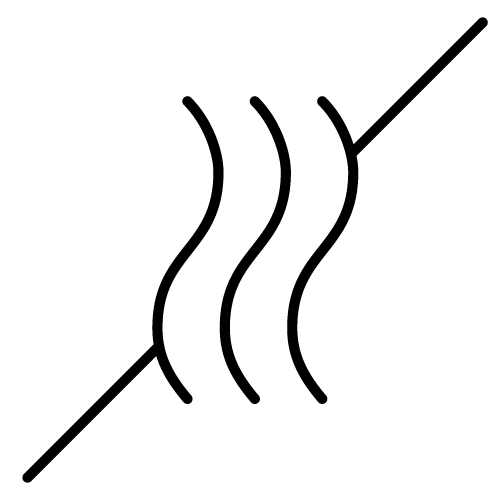
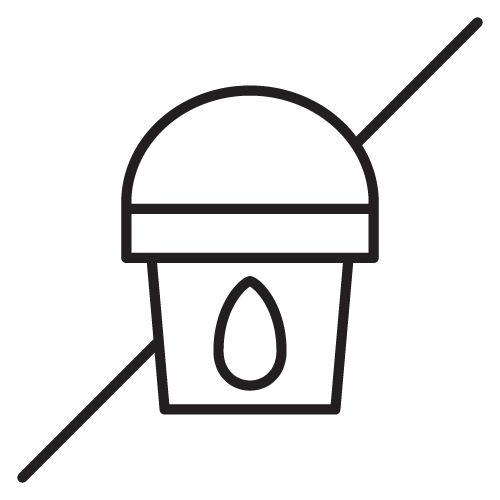

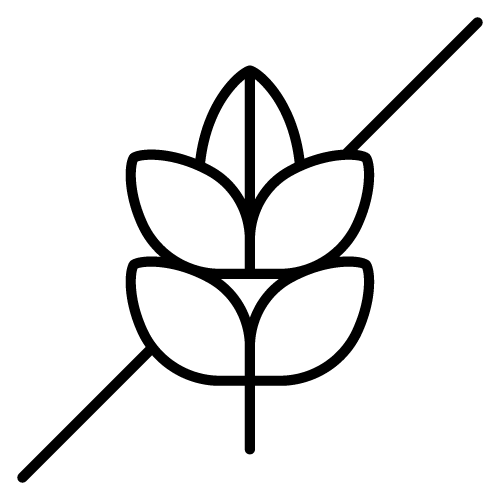
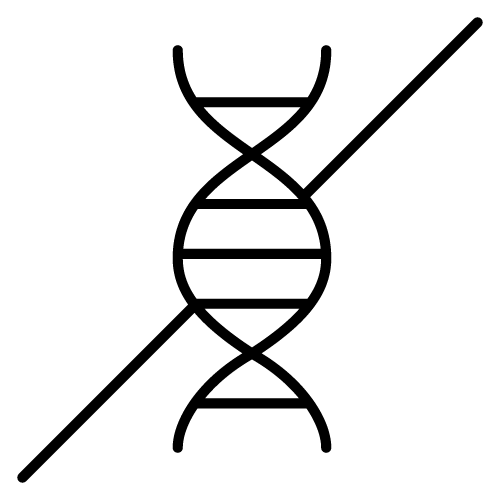
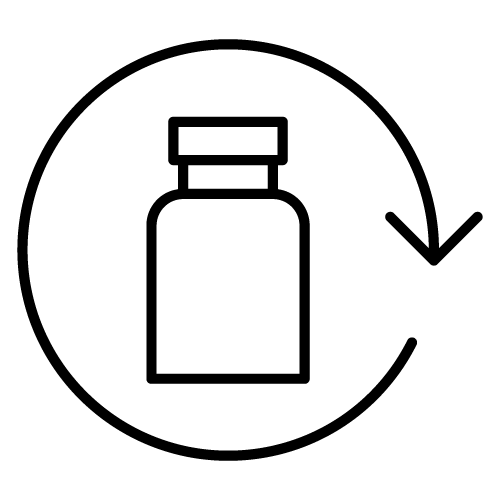
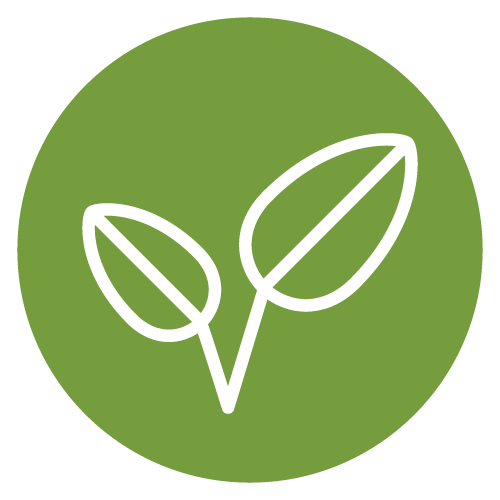
You may also like
Be Well Multivitamin
Food supplement with 120+ nutrients and vitamin C, vitamin B6, vitamin B12, riboflavin, niacin, pantothenic acid, folic acid and iron which contribute to the reduction of tiredness and fatigue.
38.00€Complete D3, K2 & Magnesium
Food supplement with vitamin D3 and magnesium that contribute to the maintenance of normal bones and teeth, to the maintenance of normal muscle function. Vitamin D also contributes to the normal absorption of calcium and phosphorus, to the maintenance of normal blood calcium levels and to the normal function of the immune system. Vitamin K contributes to normal blood clotting and to the maintenance of normal bone condition.
38.00€Vitamin C Incell
Food supplement with lysine and proline and three alkaline forms of vitamin C to strengthen immunity, protect cells from oxidative stress, reduce tiredness and fatigue, normal collagen formation for the normal function of cartilage, bones and blood vessels.
38.00€Clear Omega 3
Food supplement with omega 3 from sustainably fished fish, with a balanced content of EPA and DHA that contribute to the normal functioning of the heart, brain and normal vision, as well as natural vitamin E that helps protect cells from oxidative stress.
29.00€5.0
